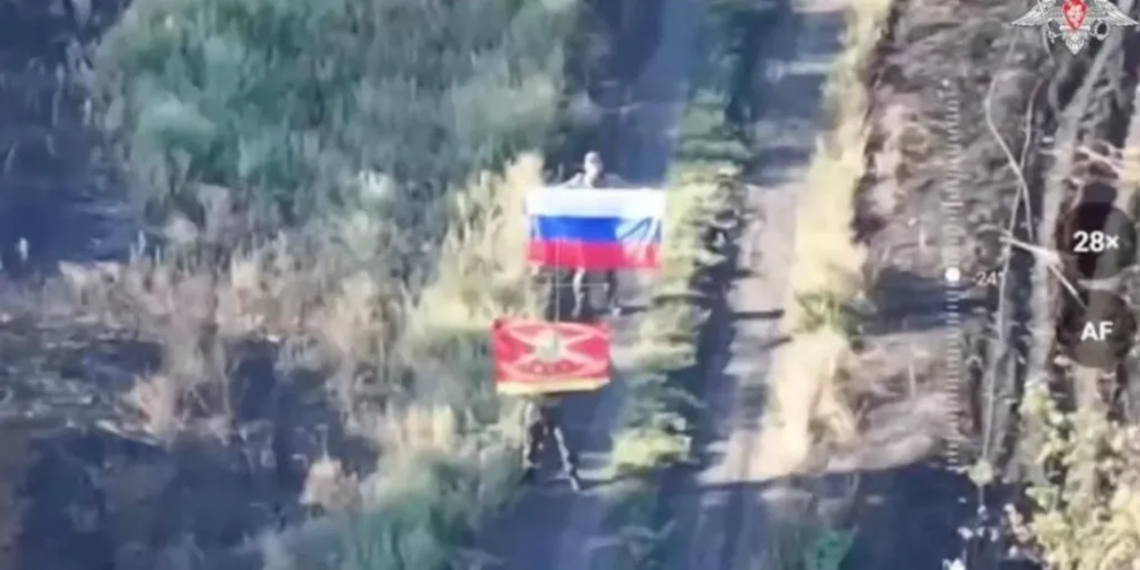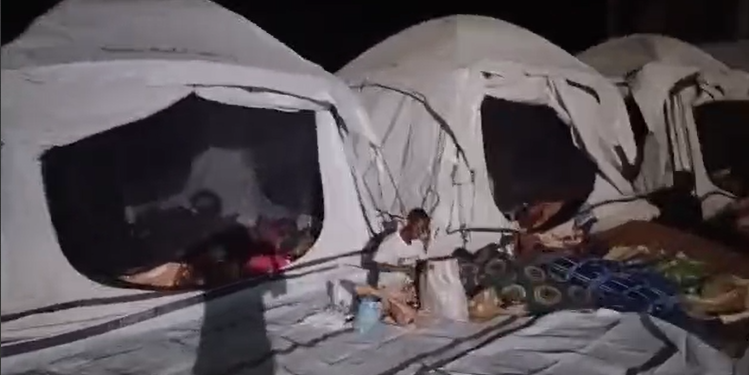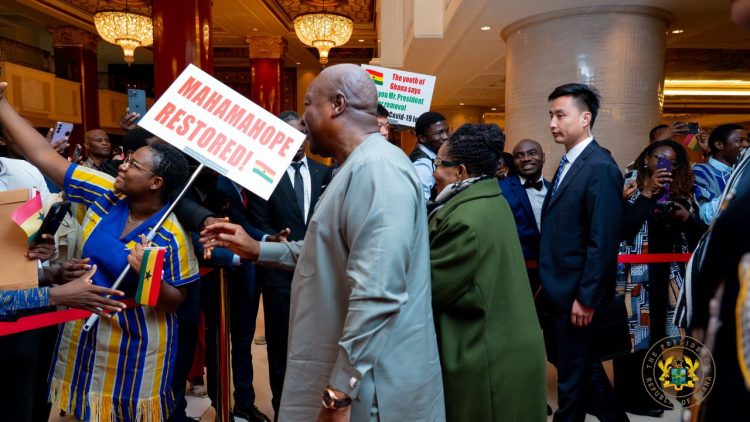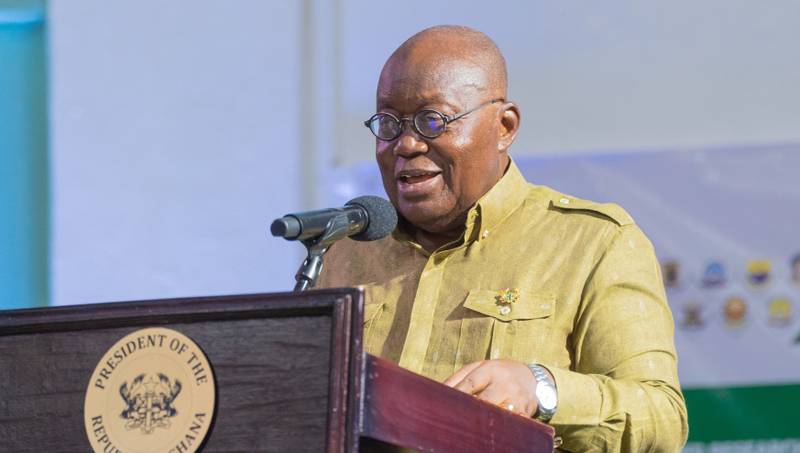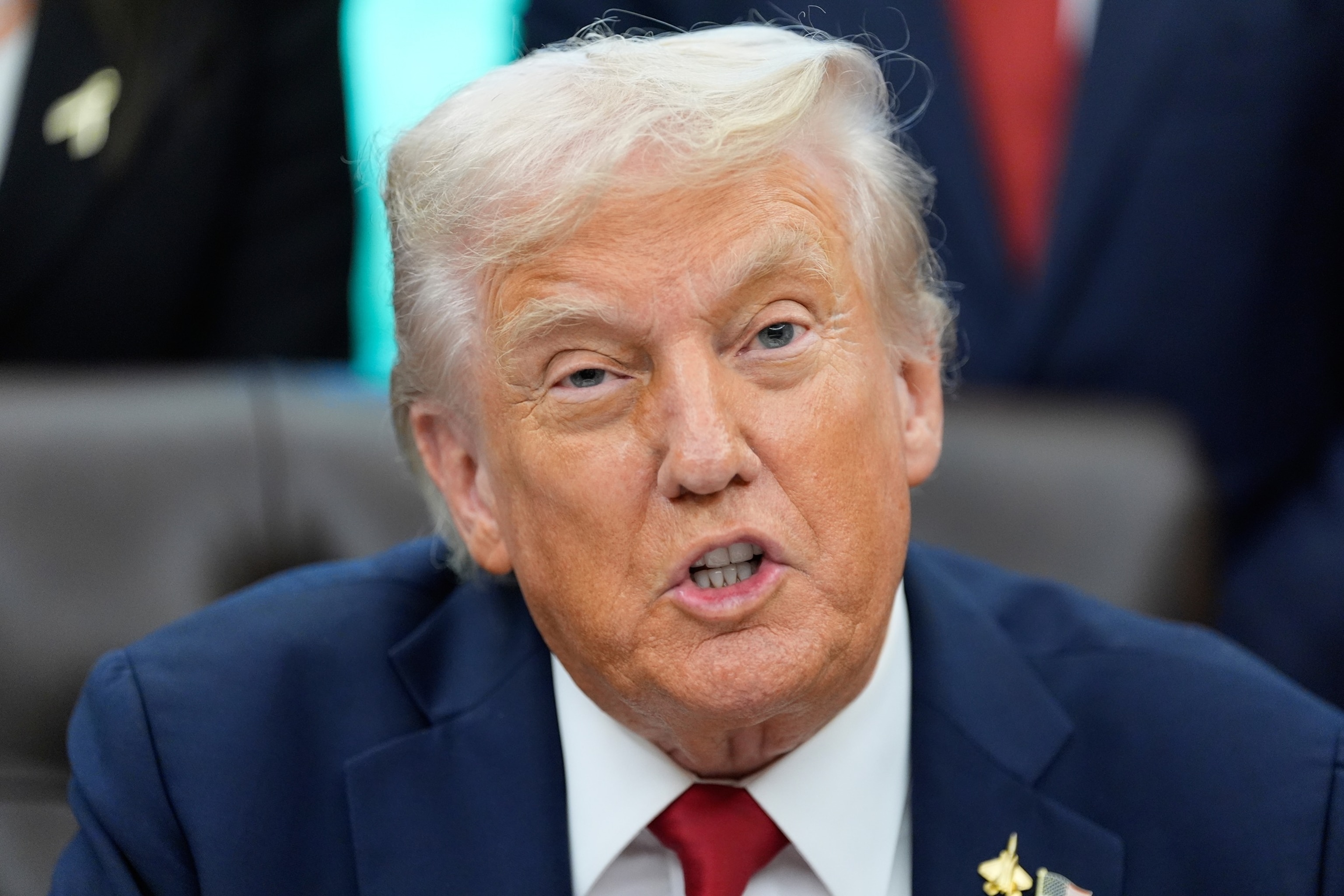Ukrainian officials have acknowledged that Russian forces have crossed into the eastern industrial region of Dnipropetrovsk, though Kyiv says the advance has been halted.
“This is the first large-scale attack in the Dnipropetrovsk region,” Viktor Trehubov of the Dnipro Operational-Strategic Group of Troops told the BBC, stressing that Russian progress had been stopped.
Moscow has repeatedly claimed since the summer that its troops had pushed into the area from Donetsk. In June, Russian officials announced a new offensive, but Ukrainian sources said their forces had barely crossed the regional border.
On Tuesday, the Ukrainian DeepState mapping project reported that Russia had seized two frontline villages, Zaporizke and Novohryhorivka. However, Ukraine’s General Staff denied this, insisting Zaporizke remains under its control and that heavy fighting continues around Novohryhorivka.
While Russia has not formally claimed Dnipropetrovsk—as it has done with Donetsk and four other eastern regions—it has carried out repeated strikes on its major cities, including the regional capital, Dnipro. Overnight attacks also hit energy facilities in neighbouring Poltava.
Before the war, Dnipropetrovsk was home to over three million people and ranked as Ukraine’s second-largest industrial hub after the Donbas. Despite suffering major casualties and slow territorial gains, Russian troops have recently advanced in Donetsk, including a 10km push near Dobropillia earlier this month, though that momentum now appears stalled.
Diplomatic efforts to end the war remain fragile. President Vladimir Putin reportedly told U.S. President Donald Trump he would consider a settlement if Ukraine ceded the remaining parts of Donetsk under its control. But Ukrainian officials remain deeply skeptical. Kyiv’s deputy presidential chief, Col Pavlo Palisa, warned that Moscow aims to seize all territory east of the Dnipro River.
EU foreign policy chief Kaja Kallas also cautioned against concessions: “Handing Ukrainian territory to Russia is a trap. Russia has made no concessions—they are the aggressor.”
Trump, who recently met Putin in Alaska and Ukrainian President Volodymyr Zelensky in Washington, said preparations were underway for a potential summit. But by week’s end, optimism had faded. Russian Foreign Minister Sergei Lavrov declared that no summit agenda existed and dismissed talks on future security guarantees without Moscow’s involvement as “pointless.”
U.S. envoy Steve Witkoff told Fox News he would meet Ukrainian officials in New York this week, noting, “We talk to the Russians every day.”
Meanwhile, Zelensky continues to press allies for firm security commitments. He met with Britain’s Chief of Defence Staff, Admiral Sir Tony Radakin, in Kyiv on Tuesday. A UK government spokesman said London would consider deploying troops to Ukraine once the conflict ends. German Chancellor Friedrich Merz added that security guarantees would help Ukraine sustain its defence long-term, urging Moscow to take Zelensky’s offer of talks seriously.
On the domestic front, Ukraine announced an easing of its travel restrictions: men aged 18 to 22 are now allowed to go abroad. Prime Minister Yulia Svyrydenko said the measure would also apply to those already overseas, allowing them to travel freely in and out of Ukraine.
The change reflects growing concerns among parents, many of whom send teenage sons abroad before they reach conscription age. Ukraine currently requires military service from men aged 25 and above. Around 5.6 million Ukrainian men are estimated to be living abroad.
Source: BBC.com



